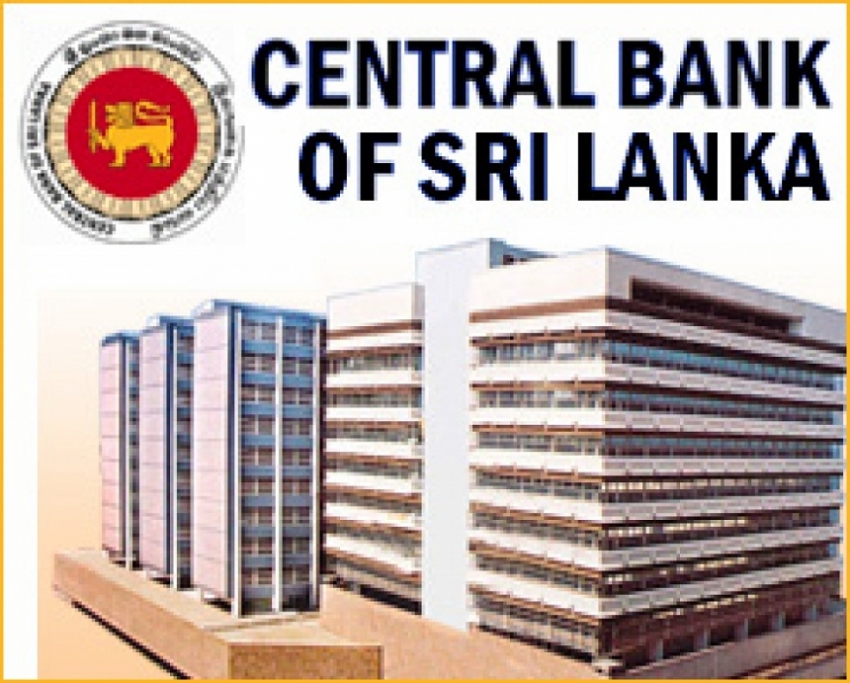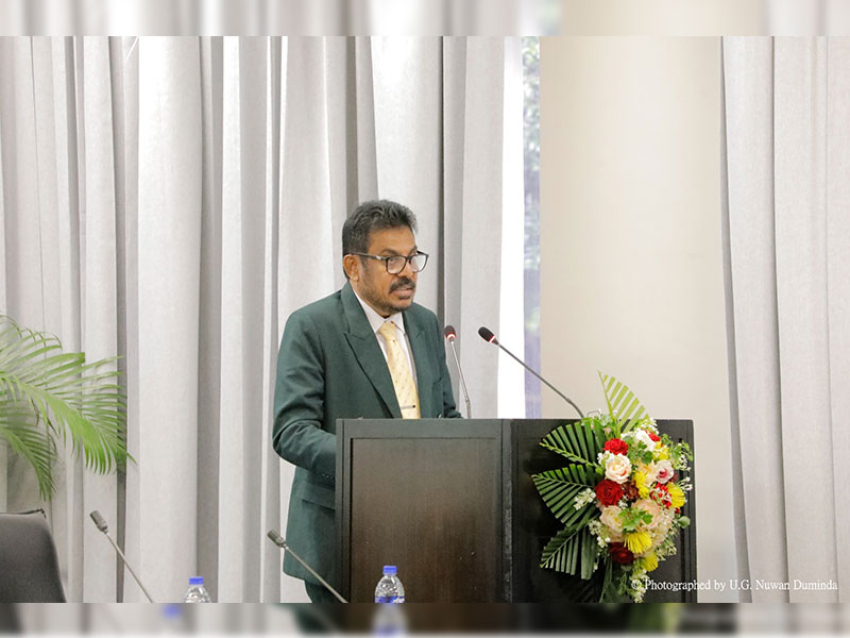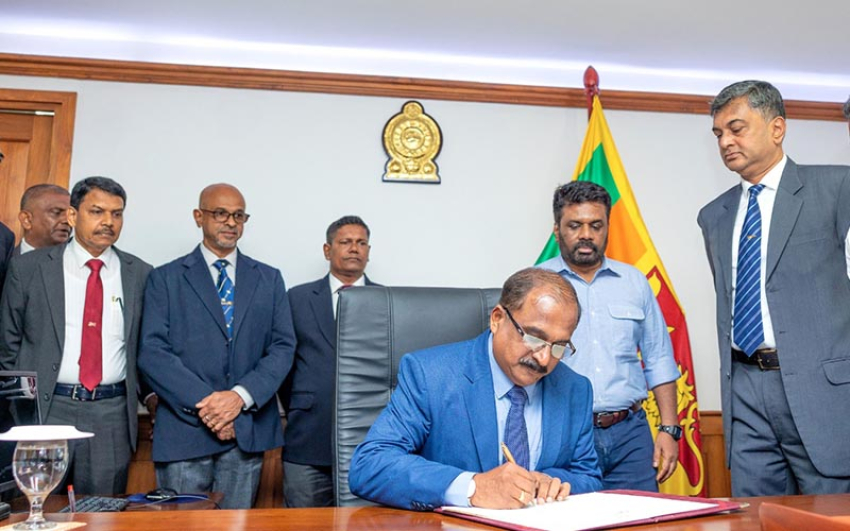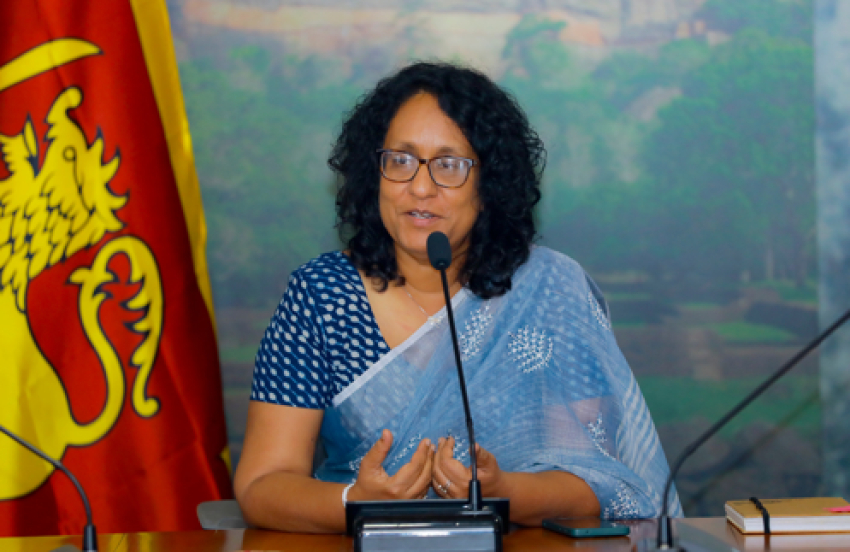“People at some point were of the view that the government was not able to protect them. That had a severe impact on sentiment and confidence. For some weeks up to Vesak, there was a disruption of a lot of activities.” Dr. Coomaraswamy added, “Last year the census and statistics came out with an official growth of 3.2 percent. In our view, the figure was closer to 3.8 percent. The IMF, the World Bank, ADB, and research outfits were closer in their assessment to 4 percent than they were to 3.2 percent.
A few years ago the Census and Statistics department adopted a new methodology for computing national accounts. It needs a lot of survey data to support it. They haven’t been endowed with sufficient resources to undertake the surveys. They are compelled to use various proxies and those proxies are not picking up some of the newer activities in the economy. Growth is understated. The Central Bank’s projection (not yet public) for 2019/20 was 4 percent our latest revision is to 2.9 percent.”
The governor said, “The productive capacity of the economy is very much intact. Agricultural capacity has not been affected. I only know of one manufacturing factory that was affected . Only a minuscule part of the productive of the economy has been directly affected.”
Coomaraswamy said, “The improvement in the trade account (is due to) the quiet steady growth of exports. Both in 2017 and 2018 in absolute dollar terms, we had record levels of exports. For the first three months of this year exports grew by 4.5 percent. There is no reason to think that exports should be materially affected by the impact of the Easter bombings.”
He expected the active liability management act to be used for the first time following cabinet approval. He said that there would be legislative changes preventing the Central Bank from funding the treasury through money printing due in July. Coomaraswamy cited the overvalued exchange rate as causing an undervaluation of imported goods and an overvaluation of exported goods.




















